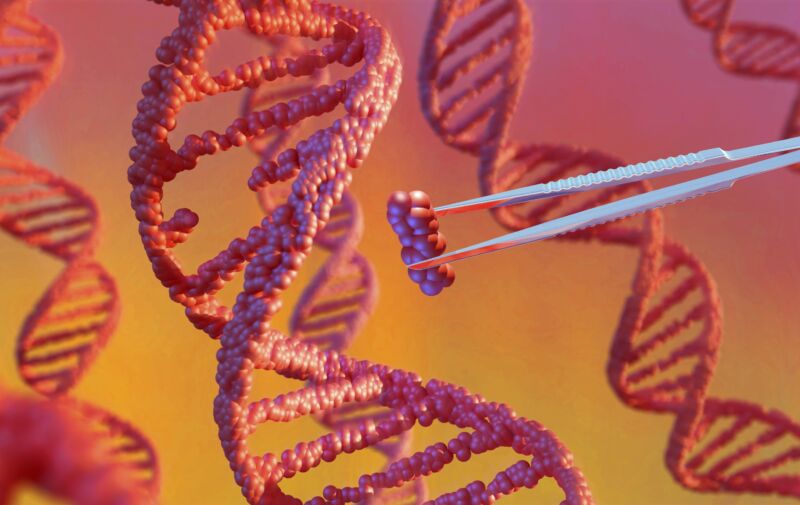Gene therapy has made some recent progress—is it enough?

Enlarge (credit: MARK GARLICK/SCIENCE PHOTO LIBRARY)
Gene therapy has had a long and bumpy history. Although researchers have made some notable and recent progress, past failures-including some deaths-have fueled mistrust and controversy.
Despite these issues, experts say there could be a bright future ahead if gene therapy can be shown to work for difficult and rare genetic diseases. But even if gene therapy is developed successfully, researchers say that, given the past troubles, education and outreach efforts may be needed to improve people's perception of the treatments. In the meantime, gene therapy will likely remain subject to an ongoing debate about whether its risks outweigh its rewards.
Where we're atGene therapy is shorthand for a suite of techniques that attempt to treat diseases by modifying a patient's DNA. This process can involve removing a piece of DNA that causes a disease, introducing a new gene to fight a disease or various other methods of altering gene activity. The types of cells targeted and how changes in DNA are engineered can vary considerably.